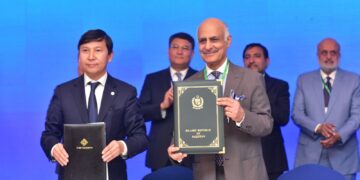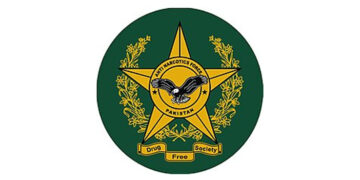Did you know that in 1805 during the holy month of Ramadan, President Thomas Jefferson hosted a dinner at the White House for the first Muslim envoy to the United States, Sidi Soliman Mellimelli? Mellimelli had come to represent the Beylik of Tunis in diplomatic engagement with the United States regarding ongoing tensions. The dinner was scheduled, according to future sixth President John Quincy Adams’ diary, “precisely at sunset—it being in the midst of Ramadan.”
Usually held at “half after three,” President Jefferson adjusted the time of his dinner out of respect for his guest’s religious requirement of fasting from dawn until sunset each day during the holy month. The Jefferson administration’s ongoing diplomacy during the Muslim envoy’s time in the United States led to a detente between the two countries.
The annual tradition started in 1996 when Hillary Clinton hosted a Ramadan Eid celebration dinner. The modern iteration of the reception is attended by prominent members of the Muslim American community including politicians, community leaders, and students.
President Bill Clinton continued the tradition, as did George W. Bush who hosted an Iftar dinner at the White House in 2001. Bush subsequently continued the dinners every year of his two terms. Barack Obama hosted his first Ramadan dinner in 2009, and subsequently every year of his presidency.
In 2017, Donald Trump broke the two-decade-old White House tradition by opting not to host an Iftar dinner at the White House. Donald Trump reestablished the Iftar dinner tradition at the White House on June 6, 2018, and in 2019 held the Iftar dinner on May 13, 2019
Courtesy by Wikipedia

















